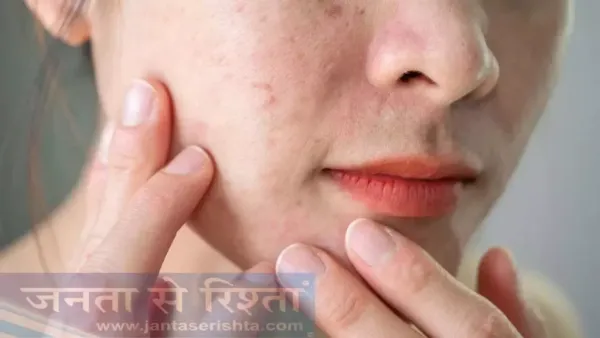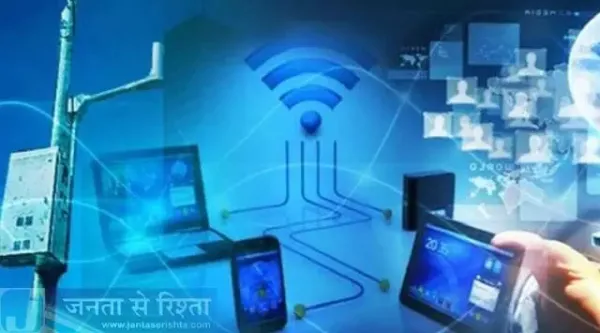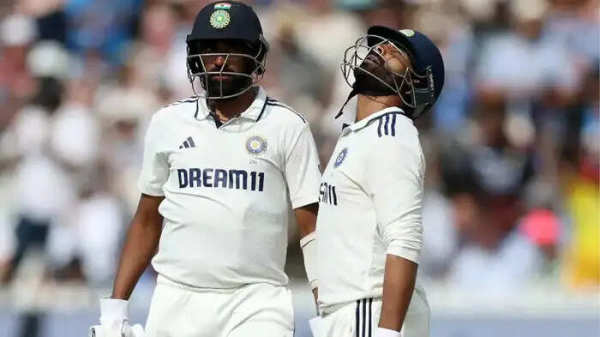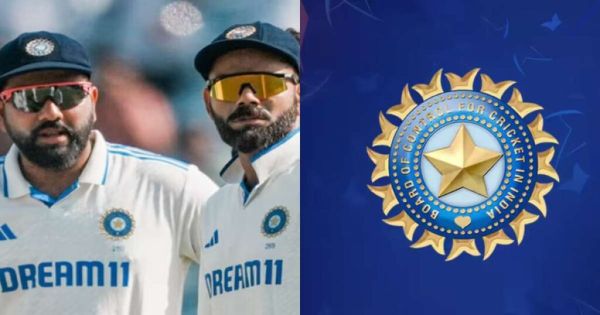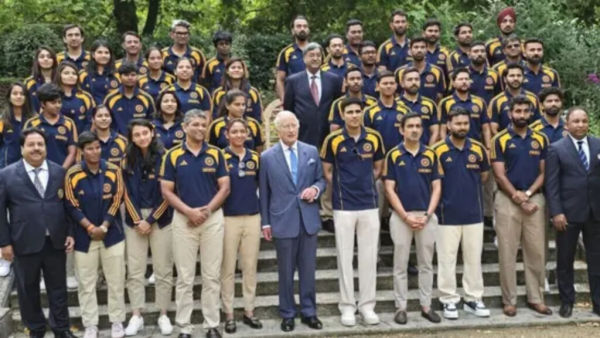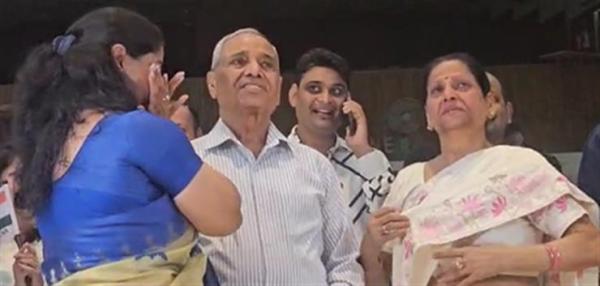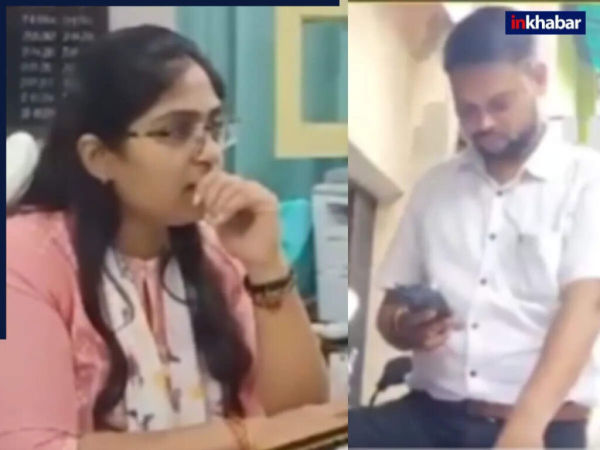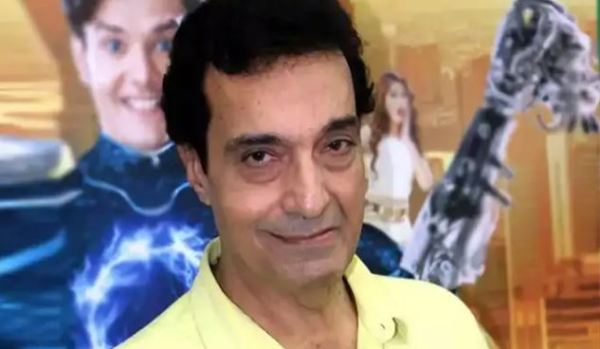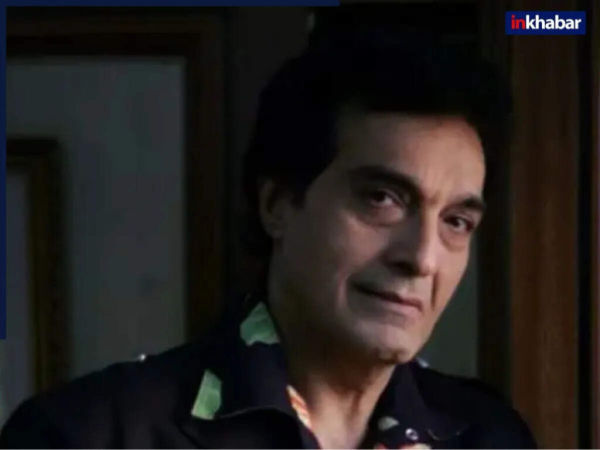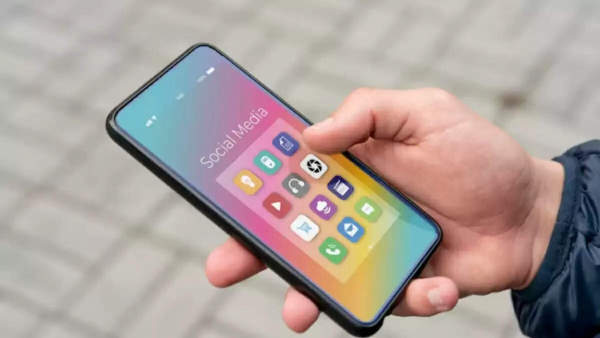 Overview of Phone Tapping
Overview of Phone Tapping
In recent years, incidents of phone tapping have gained significant attention across various regions in India. This has led to a growing public inquiry into the legality of government and police surveillance on private phone conversations, as well as the privacy rights of individuals.
Legality of Phone Tapping in India
While phone tapping is technically permissible in India, it is subject to strict regulations. The law mandates that the government or law enforcement agencies must obtain prior approval from the Home Ministry before intercepting any communications. Such actions are only justified under specific circumstances, such as ensuring public safety, safeguarding national security, or preventing criminal activities.
Citizens' Privacy Rights
The right to privacy is constitutionally protected for Indian citizens. A landmark ruling by the Supreme Court in 2017 affirmed that every individual has the right to privacy, which implies that authorities cannot intercept phone calls without adequate legal justification.
Any unauthorized phone tapping constitutes a breach of this right, and victims have the option to seek legal redress.
Recently, the Madras High Court emphasized that Section 5(2) of the Indian Telegraph Act, 1885, cannot be interpreted broadly to allow secret phone tapping for investigating crimes like corruption.
The petition, dismissed by Justice N. Anand Venkatesh, highlighted that it is the legislature's responsibility to define the limits of such intrusions into fundamental rights.
The judge noted that Section 5(2) establishes clear boundaries, as phone tapping infringes upon the right to privacy, which is now recognized as a fundamental right under Article 21, concerning life and personal liberty.
According to this provision, phone tapping is permissible only in scenarios that involve public safety or during a declared public emergency. The judiciary's role is to assess whether these conditions are met.
Justice Venkatesh reiterated that the judiciary's function is to uphold rights, not to create new restrictions. Any expansion of this scope would require legislative action.
He referenced the historical context of privacy rights, which were first acknowledged by the Supreme Court in the 1996 PUCL case and reaffirmed in the 2019 K.S. Puttaswamy case.
The judge concluded that even with noble intentions, such as combating serious crimes, phone tapping remains legally invalid unless it adheres to the stipulations of Section 5(2).
This ruling stemmed from a 2018 petition by P. Kishore from Chennai, who contested the legality of the Central Government's authorization for the CBI to tap his calls in 2011. The subsequent investigation led to the arrest of an Income Tax officer for bribery.
The court determined that there was no public emergency or safety threat in this instance, rendering the phone tapping invalid. Consequently, the judge ruled that the intercepted calls could not be utilized for any purpose, including as court evidence.
The order issued by the Home Secretary was deemed unconstitutional for violating Section 5(2) and failing to undergo the necessary Review Committee process.
The judge stated that if the Review Committee finds that the intercepted data was unlawfully obtained, it has the authority to destroy it, preventing the CBI from using such material in any capacity.
